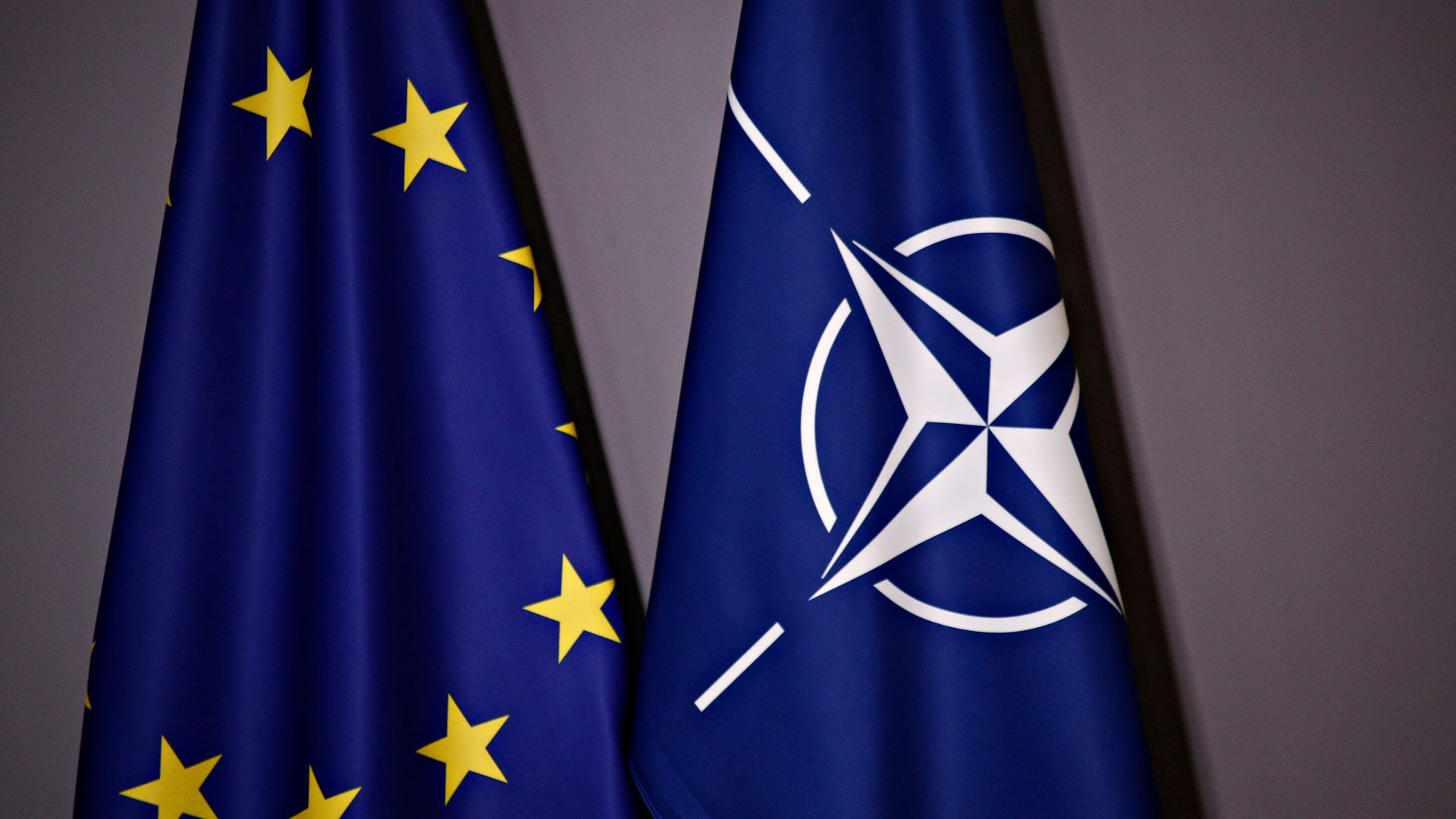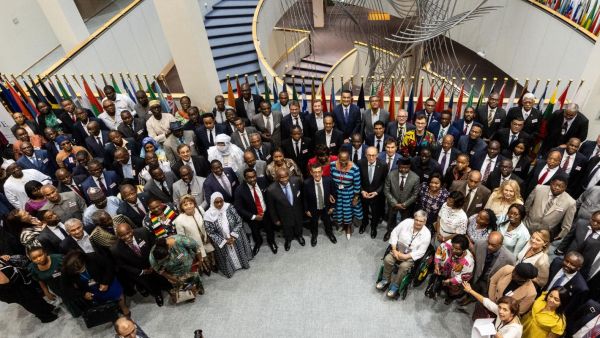Strengthening EU-NATO cooperation is imperative for the security of European citizens in light of Europe’s deteriorated security environment. A stronger EU security and defence also means a stronger NATO. Neither organisation alone has the full range of tools to tackle new security challenges which are increasingly more hybrid and less conventional - these are the main conclusions of the report on EU-NATO relations adopted today in Strasbourg.
European Parliament rapporteur and S&D coordinator for security and defence, Ioan Mircea Pașcu said:
"It is no secret that in the light of the marked deterioration of Europe’s security environment, the relations between the EU and NATO have acquired a new increased relevance. Now that internal and external security are inextricably interlinked, putting together the best abilities of the two organisations in providing security in general for the European citizens becomes imperative.
"Both EU and NATO are confronted with the same challenges and threats, share the same values in their activities devoted to preserving peace and security in a rules-based international system, and are complementary in their respective missions. However, the transatlantic relationship has become strained following the recent trade disputes between the US and its allies. Under the circumstances, besides trying to manage these disputes, we have to preserve and accelerate the existing good momentum in EU-NATO collaboration.
"Our report is stressing that the EU’s own increased defence and security efforts, apart from responding to previous US appeals, are a concrete contribution to burden sharing, reinforcing both NATO and the security bond with Britain after Brexit. Controlling hybrid threats, countering cyber-attacks, building resilience, sharing situational awareness, increased information sharing, fighting terrorism, continuous improvement of cooperation on missions and operations at both strategic and tactical level, and military mobility represent concrete domains for closer collaboration between the EU and NATO."
Related content
Find out more









